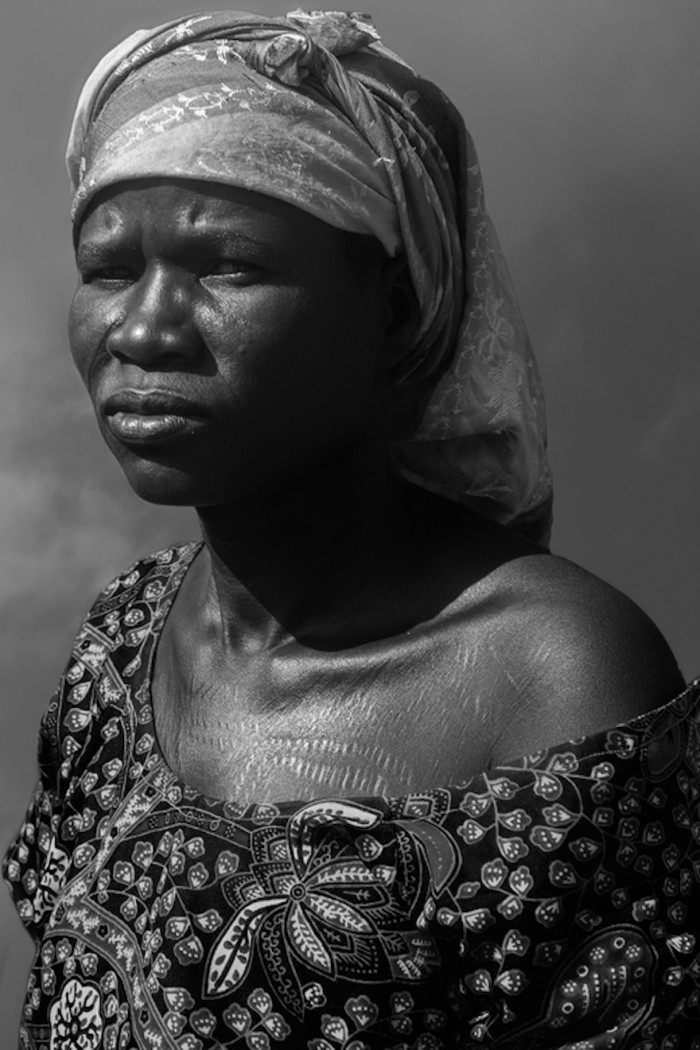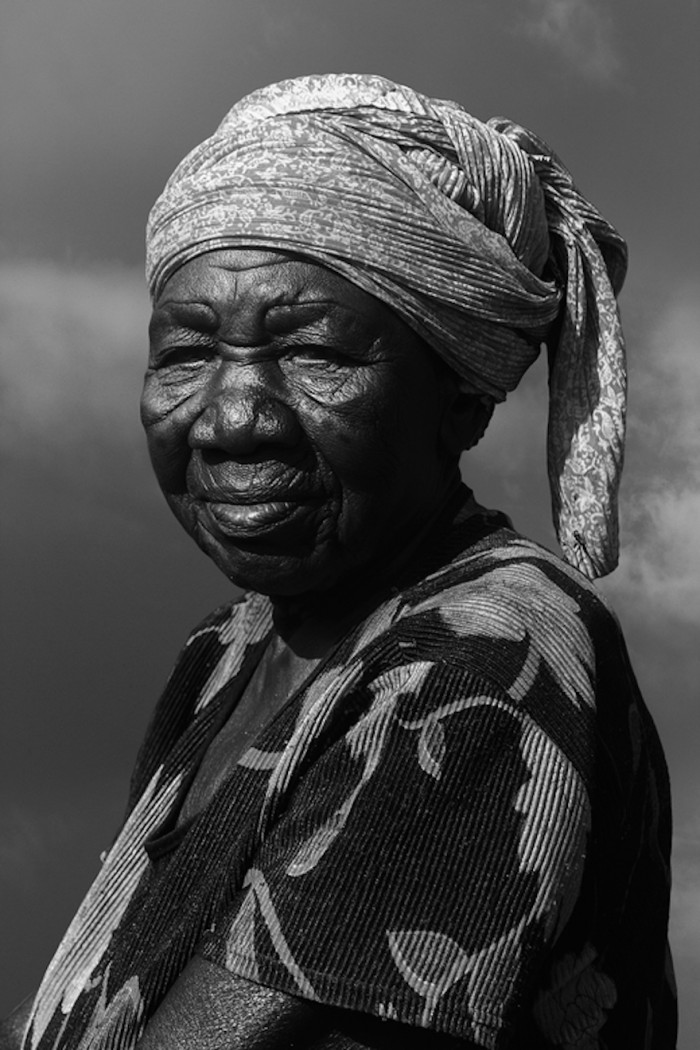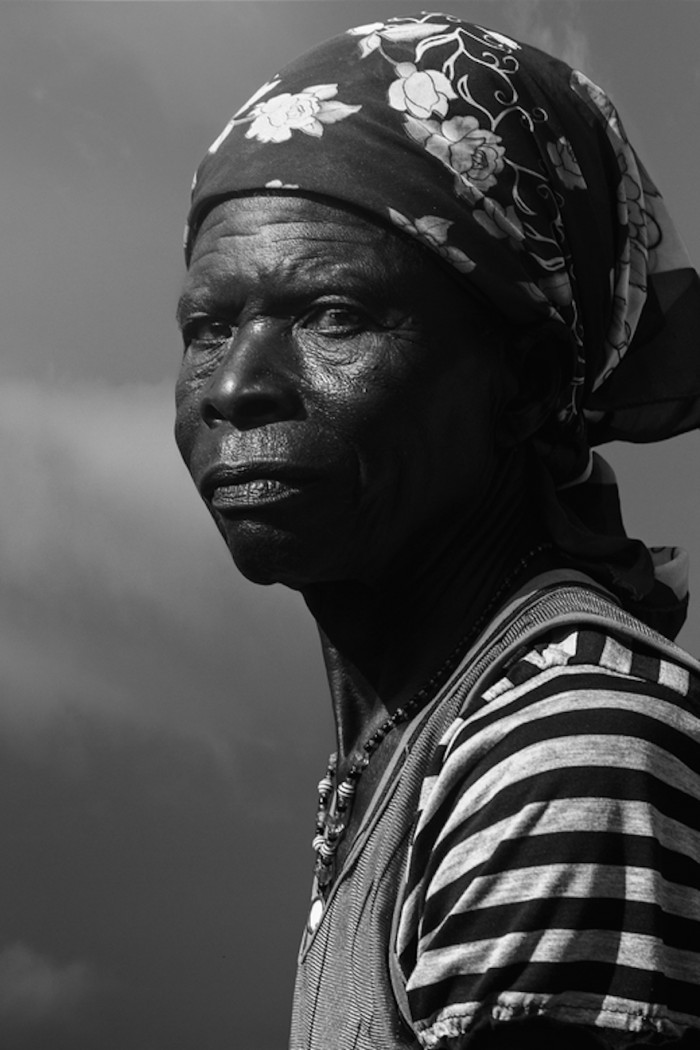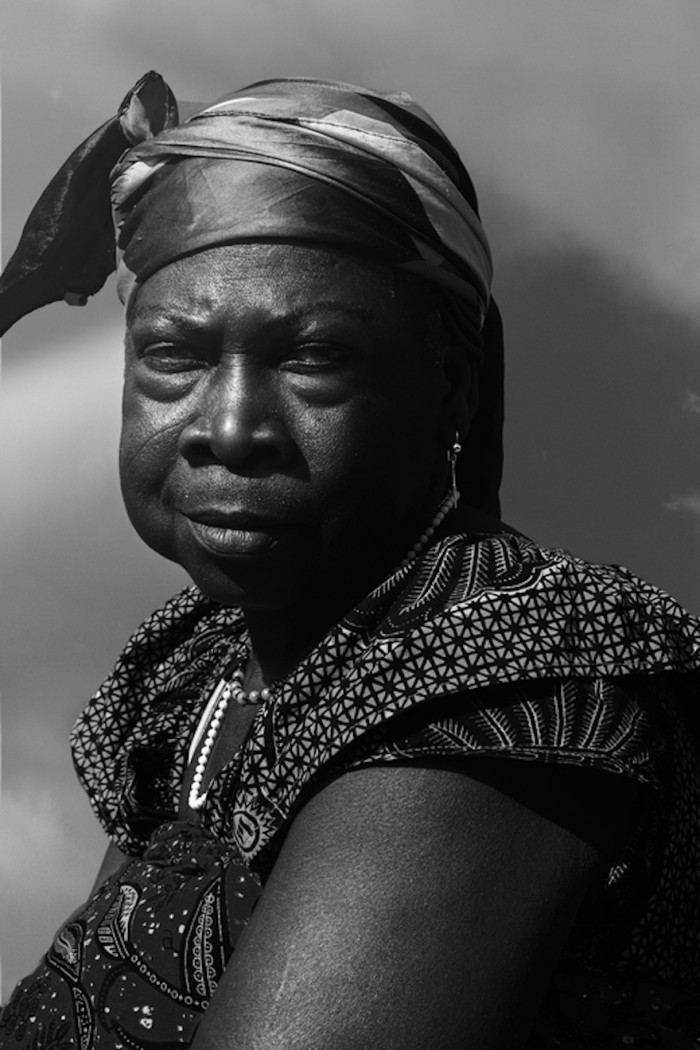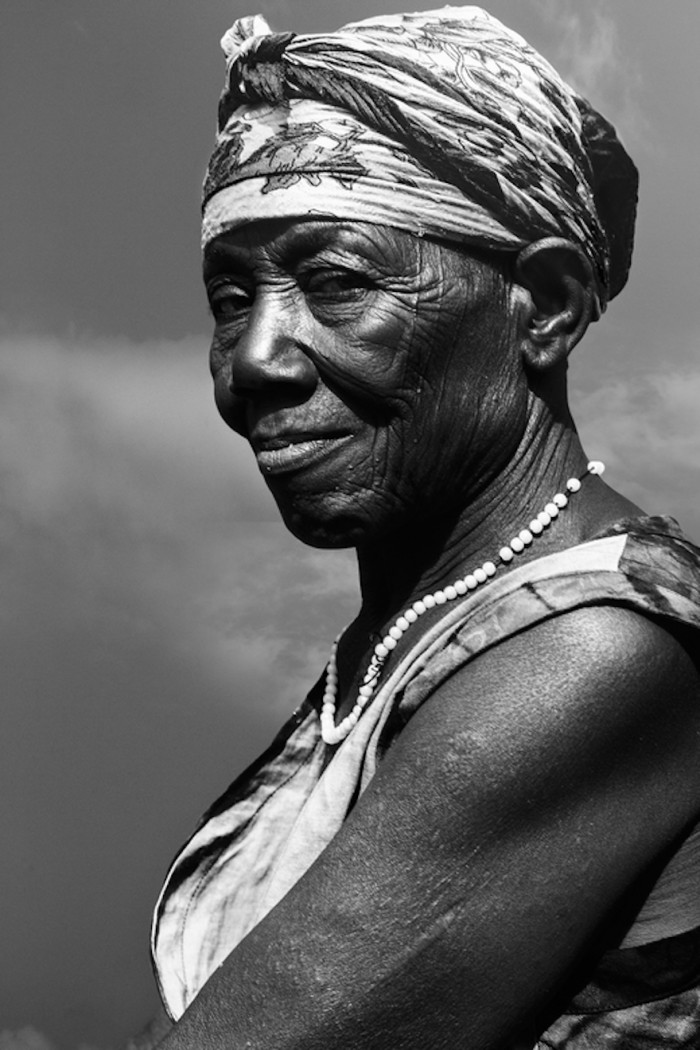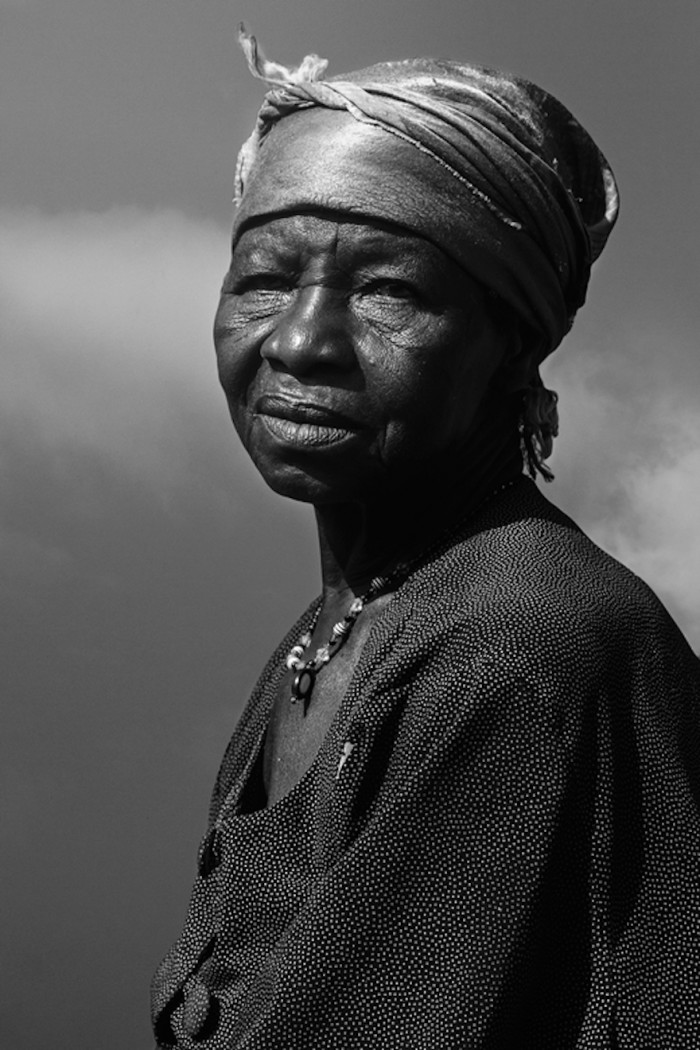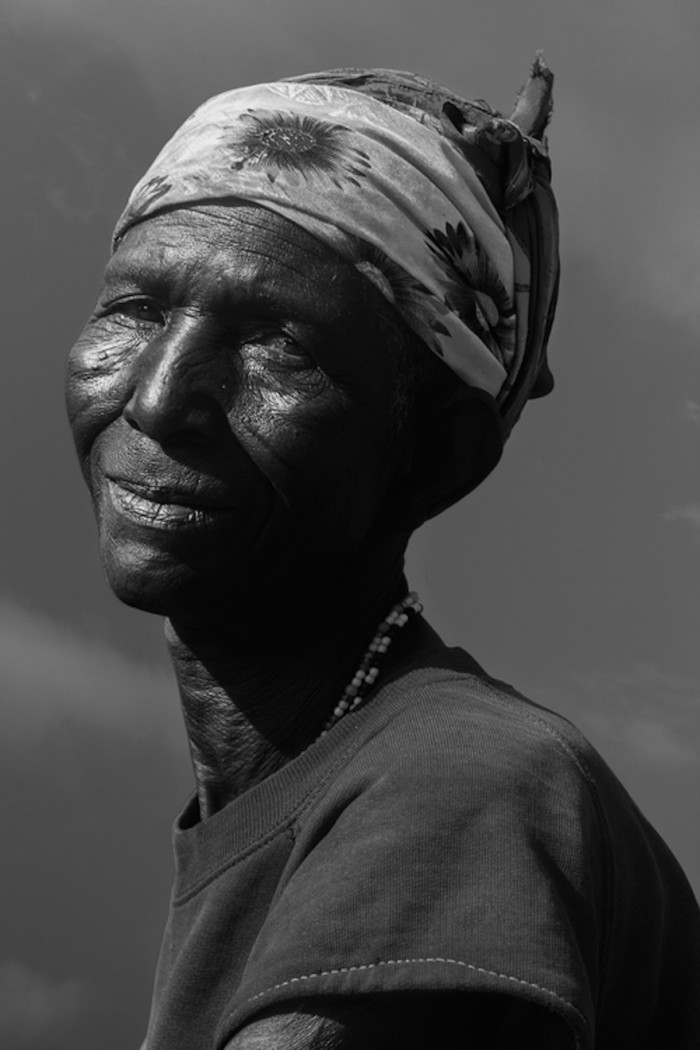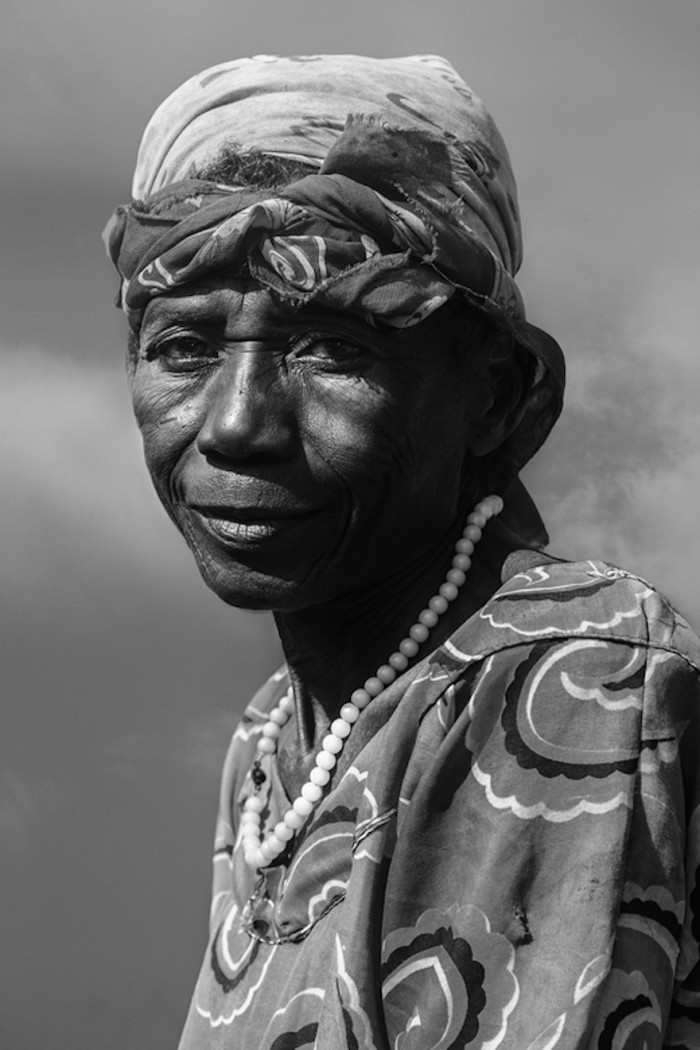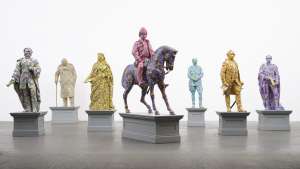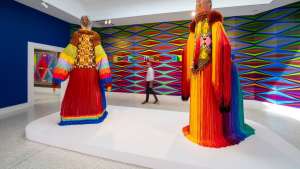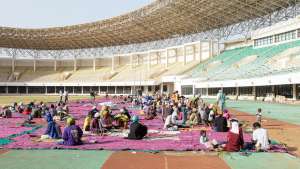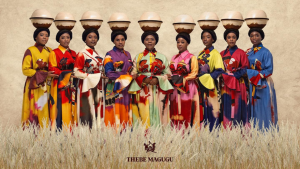For decades, Ghanaian women accused of witchcraft have been forced to live in segregated camps away from their families and communities. The Gambaga witch camp in northern Ghana is one of the most famous of these camps.
Women as young as 17 and as old as 90 live in the camp after being accused of bringing illness on a family member or bringing about a bad harvest. Even when proven innocent, a number of these women choose to stay in the camp to escape stigma, violence and victimisation.
But their harrowing stories are not what drew Ghanaian-born photographer Eric Gyamfi to the camp.
Instead, Gyamfi sought to capture their resilience in the face of adversity in a series of portraits. Shot in the same position and with the same lighting, Gyamfi’s simple approach to photographing these women allowed their individual strengths to take centre stage.
“One major decision I took upon speaking to the women, was the fact that I was not going to paint their devastation back to them,” wrote Gyamfi.
“These women, broken as they were from their individual traumatic experiences pressed on daily with such resilience and beauty, in the face of all the devastation that engulfed them inside out. It was this beauty and strength I wanted to paint back to them.”

